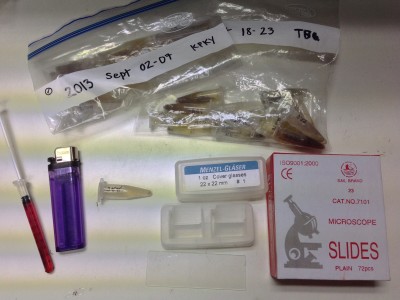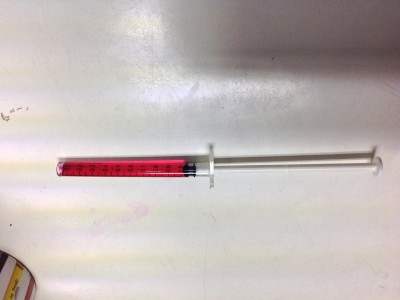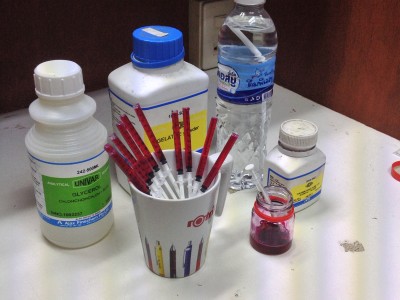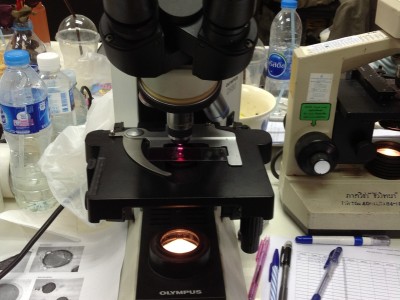SEABCRU DATABASE
One of the primary objectives of the SEABCRU is collate information on the distribution and abundance of bats across Southeast Asia. The SEABCRU database will roll out in early 2014. We are adopting the Darwin Core Format for our database vocabulary, and have designed spreadsheets using these terms to capture bat data.
SEABCRU_Data_Spreadsheet in Darwin Core Format
FLYING FOX ROOST COUNT PROTOCOL AND DATASHEETS
This is a survey protocol for determining colony size and other baseline information for flying fox species in SE Asia. The protocol has been adapted from the survey methods used by Bat Count-Philippines (developed by Tammy Mildenstein) with special consideration of the needs and constraints of flying fox conservation throughout SE Asia.
SE ASIA FRUIT BAT SURVEY PROTOCOL for workshop FINAL
SEABCRU colony size data sheet
SEABCRU roost characteristics data sheet
SEABCRU species abundance data sheet
Flying Fox Roost Count Protocol and Datasheets in Bahasa Indonesia
SE-ASIA-FRUIT-BAT-SURVEY-PROTOCOL-for-workshop-FINAL – Bahasa Indonesia
SEABCRU-colony-size-data-sheet – Bahasa Indonesia
SEABCRU-roost-characteristics-data-sheet – Bahasa Indonesia
SEABCRU-species-abundance-data-sheet – Bahasa Indonesia
SEABCRU DIETARY STUDY RECOMMENDATIONS
Basic information prepared and collated by Dr Sara Bumrungsri on methods for studying plant-visiting bat diets. This includes key publications, a pollen count spreadshe
Bumrungsri_et_al_Acta_Chiro_2013
Stark_dissertation_pollen_scans
SEABCRU CAVE SURVEY PROTOCOL
Surveys to identify priority caves for conservation are urgently needed across Southeast Asia. In recognition, the SEABCRU Cave Bat Team developed the Cave Survey Protocol to facilitate studies of cave systems and the distribution of bats in them.
SEABCRU Cave Survey Protocol (FINAL) pdf
SEABCRU Cave Survey Protocol (FINAL) doc
SEABCRU DISEASE RECOMMENDATIONS FOR PERSONAL PROTECTION AND SAFETY
Recognizing that bats may carry a number of diseases that can infect people, the SEABCRU Flying Fox Working Group and Dr. Kevin Olival (Steering Committee) initially developed these guidelines for Personal Protective Equipment (PPE) and Safety during our workshop in Phnom Penh, October 2013. These were updated in August 2015 to apply to all bats and working situations. This short document and associated flow chart (Fig 1 in the combined document below) provide a reference for the proper safety gear to wear, and basic ways to assess the risk of exposure to disease when doing different bat research activities.
SEABCRU_Disease-guidelines-revised_13Aug2015
SEABCRU Disease Recommendations in Bahasa Indonesia (to be updated shortly)
PPE-risk_flowchart_13Oct2013_FINAL Bahasa Indonesia
SEABCRU_Disease-guidelines-14Oct2013_FINAL – Bahasa Indonesia




